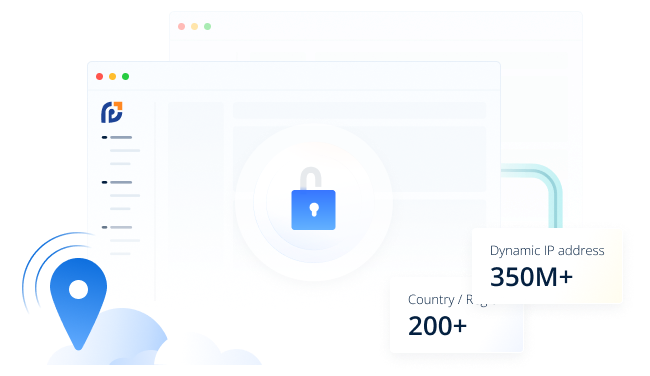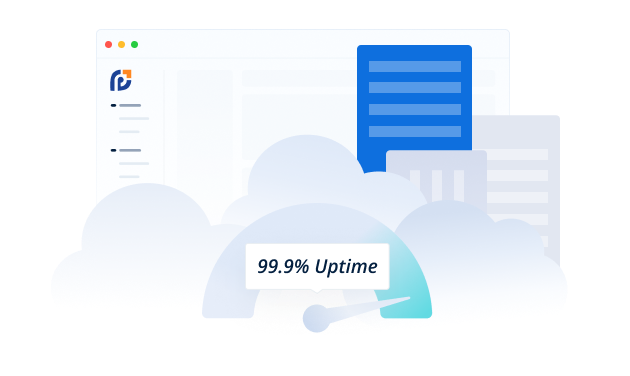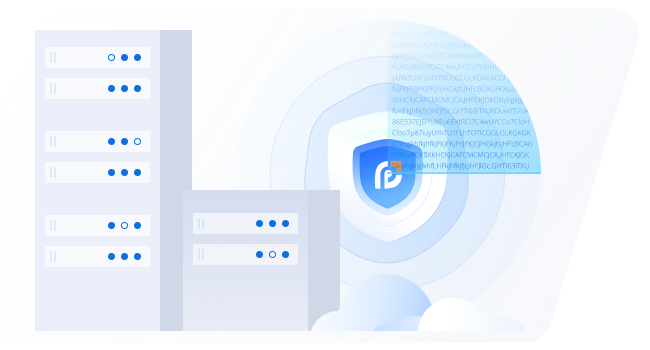problema comun
Aprenda todo sobre los productos PIA S5
Trusted by more than 70,000 worldwide.







Welcome!
Create your free account
Forgot password?
Enter your email to receive recovery information
OR
Username or email address *

Password *

Don`t have an account? Register
Email address *

Password *

Invitation code(Not required)
I have read and agree
Terms of servicesand
Already have an account? Log In
Email address *

Password has been recovered? Log In





























































